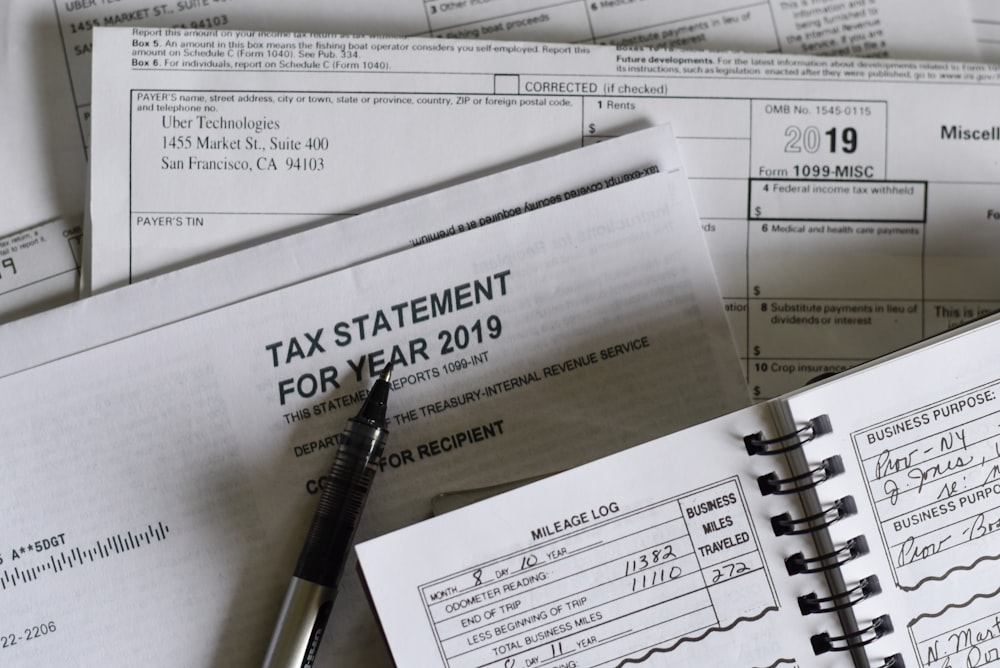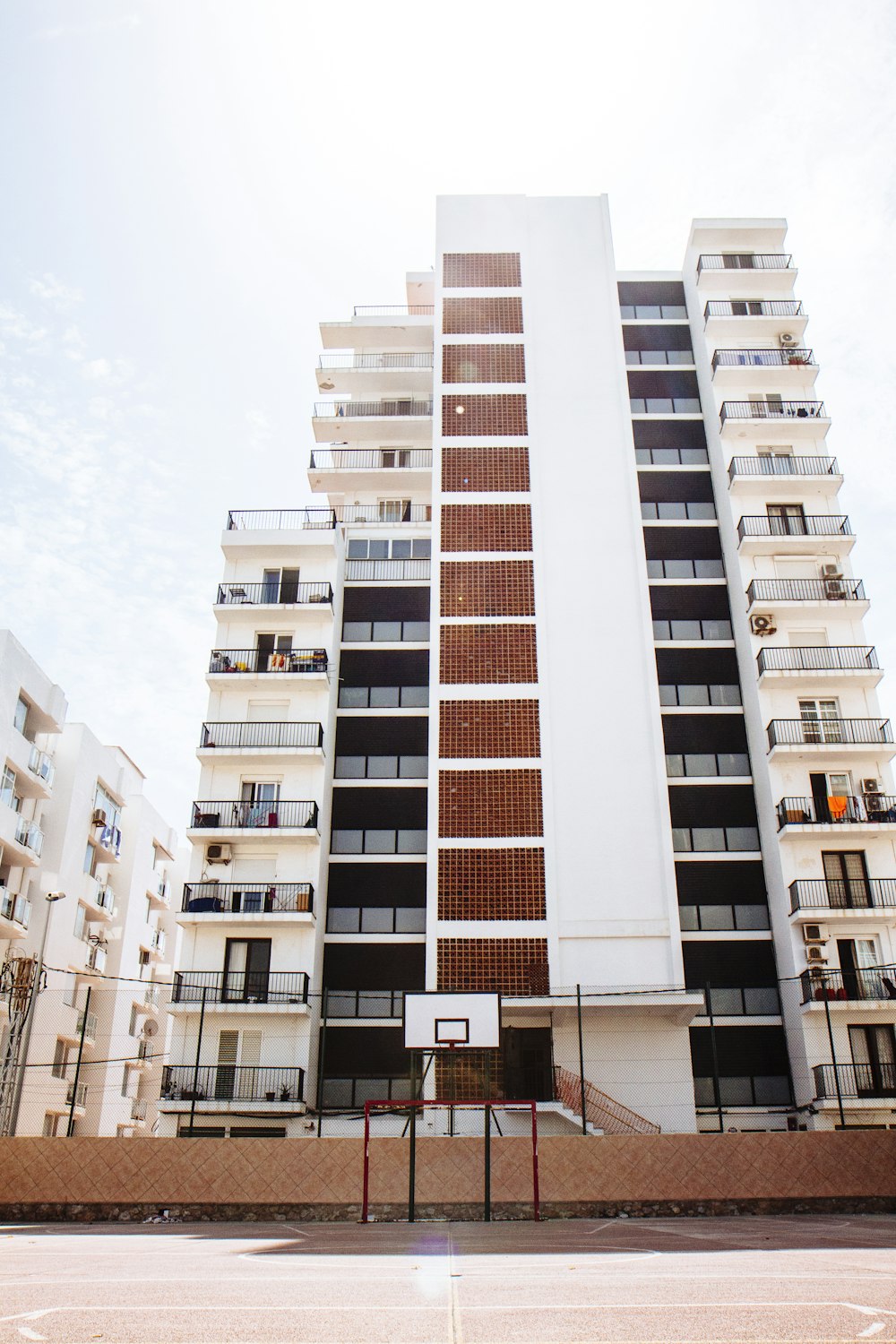Last updated on June 23rd, 2021 at 02:47 pm

If you sell property that you have been using as rental property, you may have to pay depreciation recapture, which is why you need to account for depreciation of the property each year when you file your taxes. When you sell the property, figuring out how you are going to be taxed on the depreciation you’ve taken over the years can be a little tricky. Do I pay depreciation recapture on the sale of rental property for loss?
In fact, those taxes can make a huge difference when it comes to your rental property being profitable or not profitable, so understanding the rules associated with depreciation recapture is important. In this article, we’ll explain if you need to pay depreciation recapture on the sale of rental property for a loss.
What Is Depreciation Recapture?

Simply put, when you have rental property, the IRS allows you to deduct depreciation of that property from your ordinary income each and every year. This means that you have to report any gain you made when you sell the property as ordinary income instead of as a capital gain. Indeed, many property owners are surprised when they get their tax bill after selling a rental property, not just because it is higher than they expected it to be but also because they weren’t expecting the taxes to be calculated in that manner.
If you include these taxes in your profitability analyses, it is possible that your numbers will be wrong. In other words, when you fail to account for these taxes, you could very well believe that your property is making more money than it actually is.
Why Is This Important?

When you own rental property, you’ll be depreciating it on your taxes every year. Depreciation is a loss on the property but it essentially exists on paper only. Also, remember that you can only use depreciation on the building itself, not the land. Typically, the land the building sits on makes up about 20% of its total value, so you’ll need to know the percentage of the property itself (which is usually 80%) to figure out how much you’ll pay in taxes when you sell it. You can get this information by looking at the appraisal documents provided to you when the building was last appraised.
All property owners need to be depreciating, in part because that is what the IRS assumes you’re doing each and every year. Even if you haven’t been depreciating, you’ll have to pay the recapture taxes anyway, and that amount is affected by the depreciation on the building, which is why it is so important to claim the depreciation each and every year.
The depreciation you take each year will reduce your overall tax liability since it reduces the profit (or raises the loss) on your rental property. In fact, many landlords claim that the only reason they’re getting a tax benefit from owning their rental property is because of the depreciation they’re taking every year. The amount of depreciation depends on the value of the property itself, not the land, while the actual value of depreciation is based solely on your tax bracket, with those in lower income brackets usually benefitting the most from that depreciation.
Do I Need to Pay Depreciation Recapture on the Sale of Rental Property for Loss?

So, you may indeed have to pay depreciation recapture on the sale of rental property for loss, but the amount is going to depend on your tax bracket and how much depreciation you’ve been taking through the years. Depreciation is always considered a loss on paper, but real estate often increases in value. Therefore, if the amount you sell the property for is higher than the depreciated value of the property, you’ll be expected to pay back those taxes that you haven’t been paying through the years due to depreciation, even though that part of your profit may have a different tax rate than your regular income does.
It may sound confusing, but it really isn’t. You should talk to your accountant before you even put the property up for sale, and that person will explain this in more detail so you’ll know what to expect next.